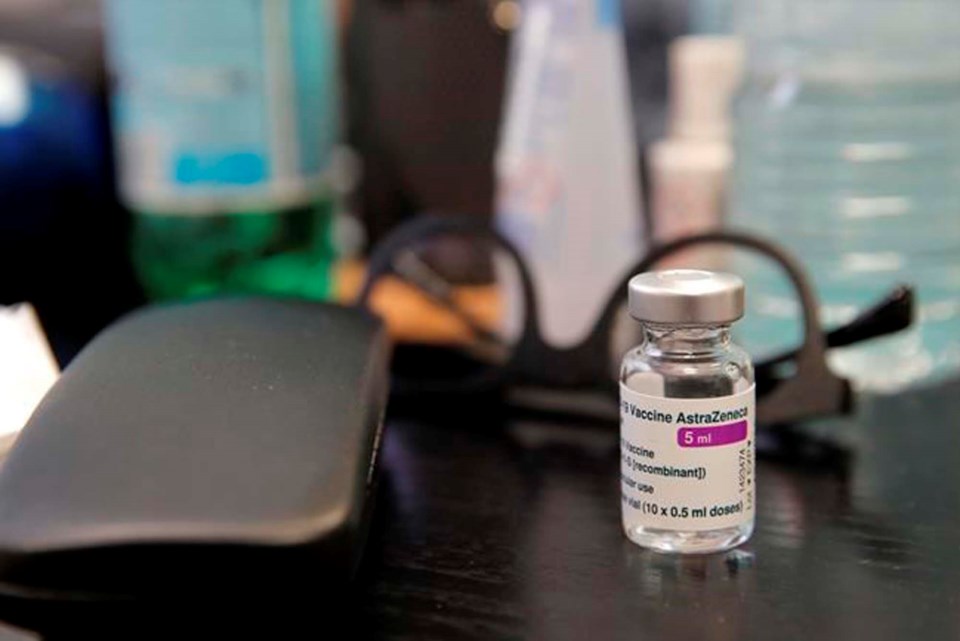Prime Minister Justin Trudeau says he is "optimistic" that his government's timeline for vaccinating Canadians against COVID-19 can be accelerated as more shots are approved.
Trudeau says the plan to have doses administered to all Canadians who want one by the end of September didn't factor in the arrival of new vaccines such as the Oxford-AstraZeneca shot.
He says that by the end of the month, Canada should receive more than the 6 million doses of COVID-19 vaccines it initially expected.
The first 500,000 doses of the recently approved Oxford-AstraZeneca vaccine arrived in Canada today, though confusion persists over who should get them.
The vaccine, manufactured at the Serum Institute of India, is the third COVID-19 shot approved for use in Canada.
Health Canada last week authorized its use for all adult Canadians but the National Advisory Committee on Immunization recommended Tuesday that it not be administered to people 65 years of age or older.
The committee says there is limited data from clinical trials about how effective the Oxford-AstraZeneca vaccine is for seniors and recommends that they be given priority for the two other vaccines — Pfizer-BioNTech and Moderna — already greenlighted for use in Canada.
Both Health Canada and the committee stress no safety concerns have arisen in the clinical studies or among the millions of seniors who have received the Oxford-AstraZeneca vaccine in other countries.
Indeed, Dr. Supriya Sharma, chief medical adviser at Health Canada, insists there's no real contradiction between what her department and the advisory committee are saying: both agree that where possible, it's preferable to give seniors the Pfizer or Moderna vaccines, which have proven in clinical trials to be more effective in guarding older people against COVID-19.
That said, Sharma says seniors shouldn't wait for a Pfizer or Moderna shot if they can get an AstraZeneca jab sooner.
Real-world evidence, she says, shows the AstraZeneca vaccine is effective at preventing serious cases of COVID-19, hospitalizations and deaths.
Some provinces, including Alberta, British Columbia and Prince Edward Island, plan to follow the advisory committee's advice and target the AstraZeneca vaccine at younger people working in front-line essential services or in high-risk settings like prisons.
Other provinces, including Quebec, New Brunswick and Nova Scotia, are still mulling over the issue.
In addition to Wednesday's shipment of AstraZeneca doses, Canada is also scheduled to receive 444,600 doses of the Pfizer vaccine this week.
With AstraZeneca added to Canada's vaccine arsenal, the country is on track to receive a total of 6.5 million vaccine doses by the end of this month — half a million more than originally expected.
This report by The Canadian Press was first published March 3, 2021.
Paola Loriggio, The Canadian Press



